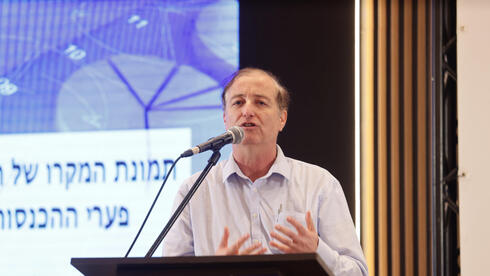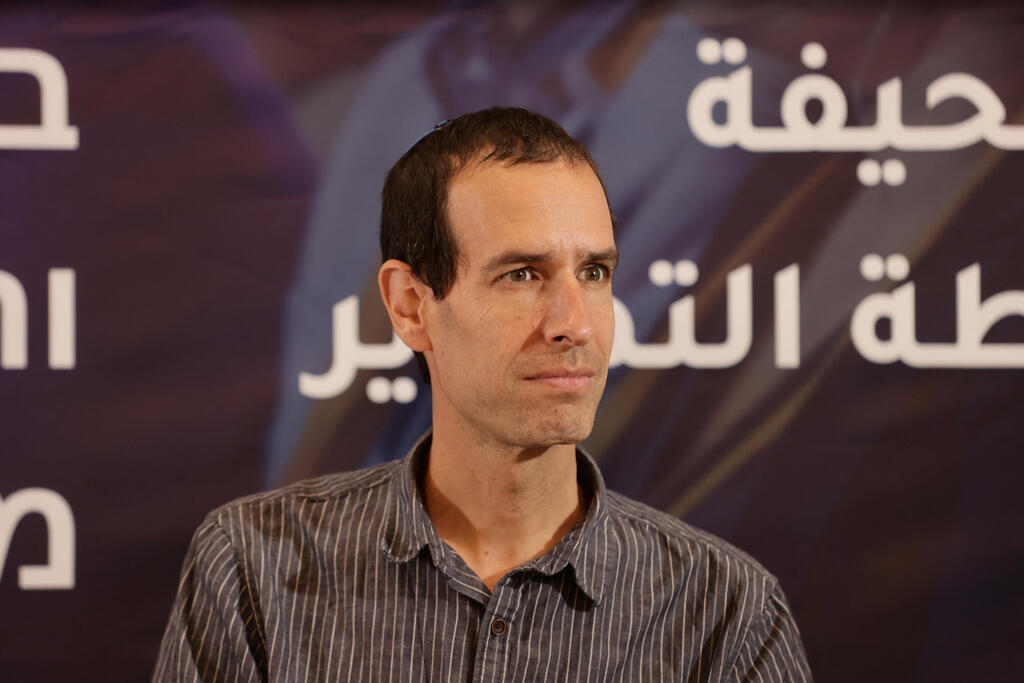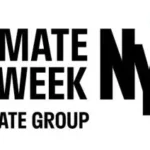Gaps between Arab and Jewish education systems remain the same, according to Bank of Israel data presented by Professor Adi Brender, head of the Bank of Israel’s research division, at the Arab Economic Forum conference organized in collaboration with Calcalist and the Ministry of Minority Affairs.
Brender commented in detail on the narrowing gap between Jewish and Arab societies: “You see that the household disposable income of adults over 44 was 53% of that of Jews. As for young people, the gap here is 44%, which means that their income represents 56% of that of non-ultra-Orthodox Jews.
“There is also a very large gap in the employment rate for both men and women. It has narrowed slightly for women over the past twenty years, but for men it has not narrowed not reduced at all. There is some reduction in the employment rate. When it comes to university education, progress is greater among women, but there are still large gaps.
Brender added that the issue of gaps is not only a social issue, but also an economic issue: “There is a quarter of the population of Israel here, and if we fail to close these gaps, the “The whole economy will continue to decline and we will not be able to close the gap with the rest of the world,” he said. According to him, in the strategic reports that the Bank of Israel submits to the Israeli government, it has defined the integration of Arab society into the Israeli economy as an economic-strategic issue.
Regarding the Israeli economy, Brender said that in recent quarters, exports have fallen due to the impact of global trade. “The jobs market is good, participation rates are good. The high-tech sector has been hit by the global recession, there is a notable reduction in hiring in this sector and it is the main driver of growth of the economy. The sector is not declining, but it has stopped its growth, it is important to remember this. We hear a lot about the decline in capital raising in the high technology sector and the question arises whether this reflects the global economy or is it unique. in Israel. You can see that this was a global phenomenon, but the decline in Israel was significantly greater than in other countries. There is a unique divide here in Israel. It’s a unique shock.
Regarding inflation, he said that in recent months we have seen a moderation in the level of inflation. “Inflation has moderated in recent months and we see a downward trend from around 5% to around 3% and we estimate that upcoming data will show inflation of around 4%, which is reasonable. In the long term, the estimate is that inflation will continue to decline. The positive trend in inflation poses a significant threat to the exchange rate. We believe that the shekel is undervalued. In the past , the relationship between exchange rates was very clear, but since the beginning of the year the gap has widened and amounts to more than 10%, which translates into additional inflation of around 1.5%.”
Also regarding inflation, Brender said: “The increase in interest rates has led the public to significantly reduce consumption, the growth rate is slow and it is interesting to note that since the pandemic, the consumption rate has not recovered.”
Meir Bing, director general of the Ministry of Social Equality, said on bridging the gaps that several decisions regarding the Arab sector are bearing fruit. “We have seen 38 authorities rise in the rankings of Arab society, this shows that something good is happening here and that there is also a significant increase in education in Arab society. We continue to budget for middle and high schools to reduce class sizes and we are seeing a sharp increase in enrollment eligibility requirements. Even in higher education, the number of students is increasing significantly. There is still a lot of work, there is a large increase in the number of female students and a slight increase in the number of male students. »












